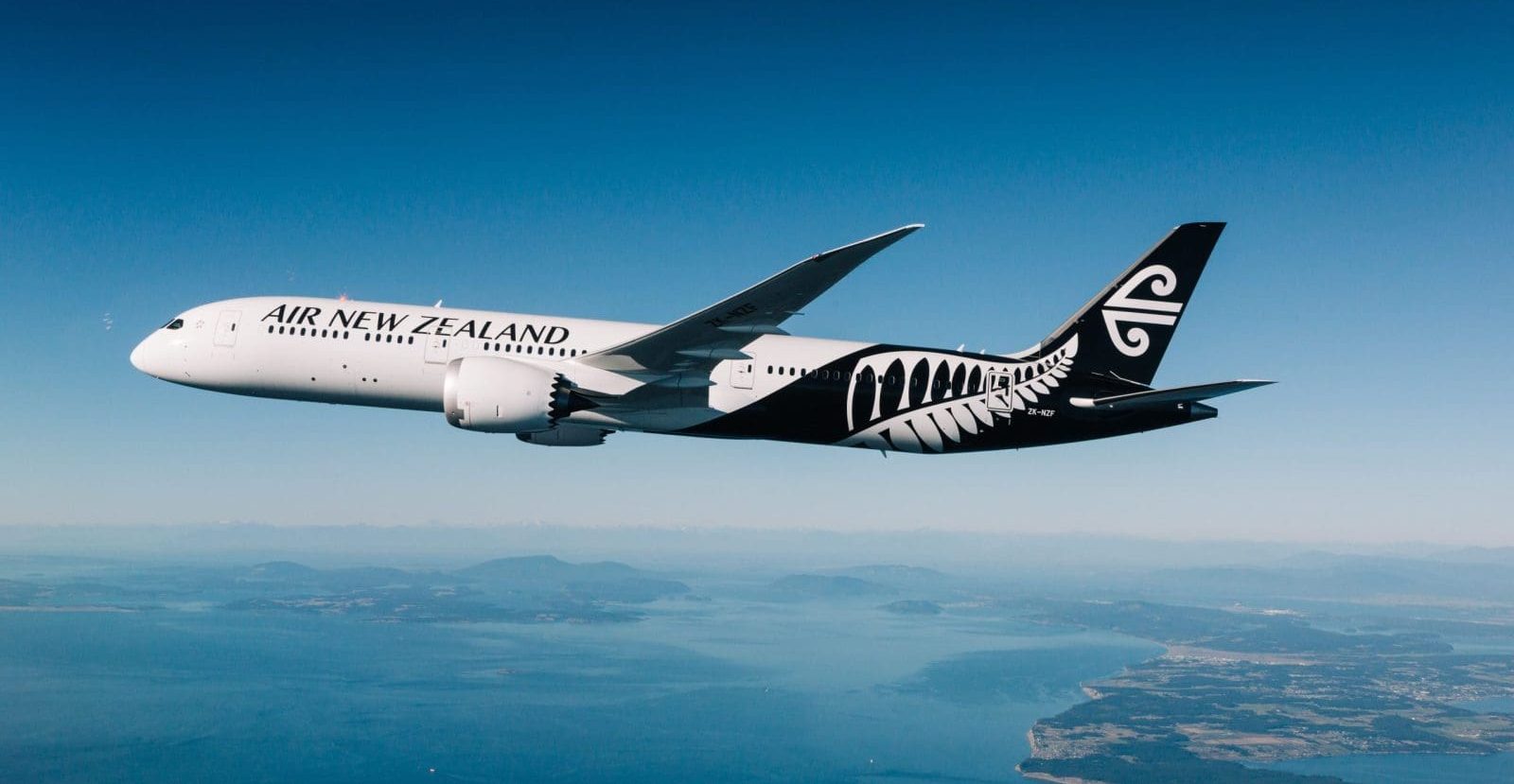
AIR NEW Zealand has removed its 2030 science-based carbon-intensity reduction target and will withdraw from the Science Based Targets initiative.
In a statement, the airline said many of the levers needed to meet the target, including the availability of new aircraft, the affordability and availability of alternative jet fuels, and global and domestic regulatory and policy support, are outside the airline’s direct control and remain challenging.
“In recent months, and more so in the last few weeks, it has also become apparent that potential delays to our fleet renewal plan pose an additional risk to the target’s achievability,” Air New Zealand chief executive officer Greg Foran said.
“It is possible the airline may need to retain its existing fleet for longer than planned due to global manufacturing and supply chain issues that could potentially slow the introduction of newer, more fuel-efficient aircraft into the fleet.
“As such, and given so many levers needed to meet the target are outside our control, the decision has been made to retract the 2030 target and withdraw from the SBTi network immediately.”
A vast number of companies, including Air France, across many sectors are signed up to the SBTi, which started in 2015.
SBTi involves CDP, a charity that runs the global disclosure system for investors, companies, cities, states and regions to manage their environmental impacts, the United Nations Global Compact, World Resources Institute and the World Wide Fund for Nature.
Air New Zealand said work has begun to consider a new near-term carbon emissions reduction target that could better reflect the challenges relating to aircraft and alternative jet fuel availability within the industry.
“Air New Zealand remains committed to reaching its 2050 net zero carbon-emissions target,” Air New Zealand chair Dame Therese Walsh said.
“Our work to transition away from fossil fuels continues, as does our advocacy for the global and domestic regulatory and policy settings that will help facilitate Air New Zealand, and the wider aviation system in New Zealand, to do its part to mitigate climate change risks.”
Air New Zealand in 2008 conducted a test flight of a Boeing 747 powered by a 50:50 blend of SAF and traditional jet fuel.
In 2020, the airline became part of a SAF consortium, which established that there was a pathway for standing up a SAF industry in New Zealand, and that it would have broad-reaching benefits.
Air New Zealand earlier announced it wished to engage with SAF producers on the supply of SAF, and said it intended to release an opportunity statement to scope potential producers’ capacity, capability and commercial offering for supply of SAF from 2024 onwards.
Source: Air New Zealand, SBTi

HAVE YOUR SAY